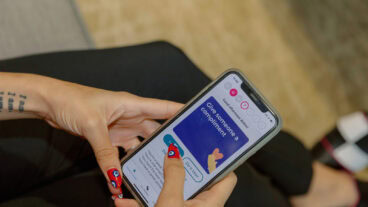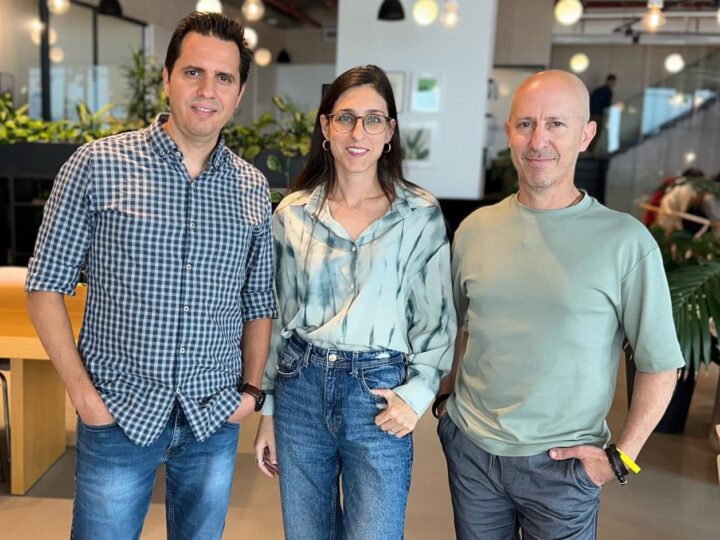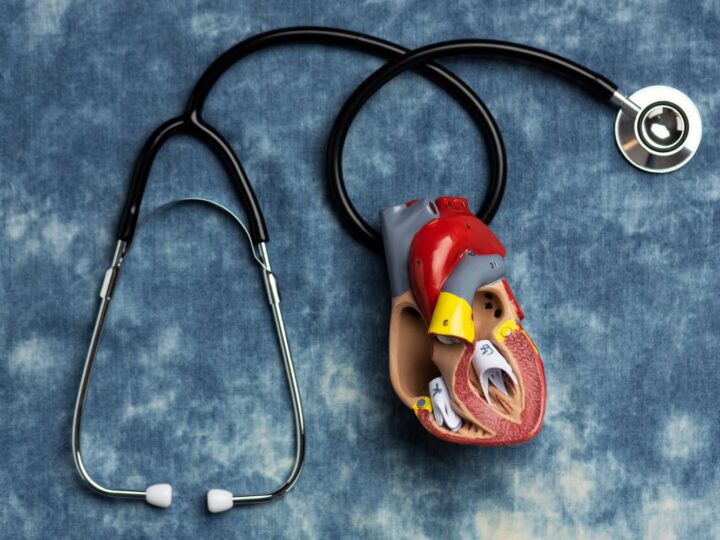A stress-reduction technique known as inquiry-based stress reduction (IBSR) could improve the mental and physical wellbeing of women diagnosed as susceptible to breast and ovarian cancer, according to a recent study published in JAMA Network Open medical journal.
Fear and uncertainty after a BRCA1/BRCA2 diagnosis causes many carriers to suffer psychological and physical symptoms that disrupt their lives due to the awareness that there is still no effective treatment for preventing these illnesses.
Currently, said Tel Aviv University (TAU) Dr. Shahar Lev-Ari, the only active procedure for drastically reducing the risk of cancer is a mastectomy and/or an oophorectomy around the age of 40, as actress Angelina Jolie chose to do in 2013.
The study, conducted at TAU on 100 young female carriers of these genes currently under supervision at the Meirav Breast Center (MBC) at Sheba Medical Center, was part of the PhD dissertation of MBC student Clara Landau.
The carriers learned and practiced the IBSR method, which includes mindfulness techniques to reduce stress-causing beliefs combined with cognitive reframing. IBSR stems from “The Work” method of self-inquiry developed by Byron Katie, author of Loving What Is.
As a result of IBSR, the BRCA1/BRCA2 gene carriers showed marked improvement in all aspects of mental health and emotional wellbeing, and their sleep patterns returned to normal.
It also prompted a change in attitude regarding pre-emptive surgical procedures. Women were able to make rational medical decisions, such as scheduling an appointment to review surgical options.
Lev-Ari concluded that healthcare services in Israel and worldwide should evaluate the impact of coping with a BRCA1/BRCA2 diagnosis on the emotional wellbeing and quality of life of asymptomatic carriers.
“[Healthcare services should] offer interventions to promote health on the individual level that have been scientifically proven to better the quality of life and emotional wellbeing of these women,” he said.

















